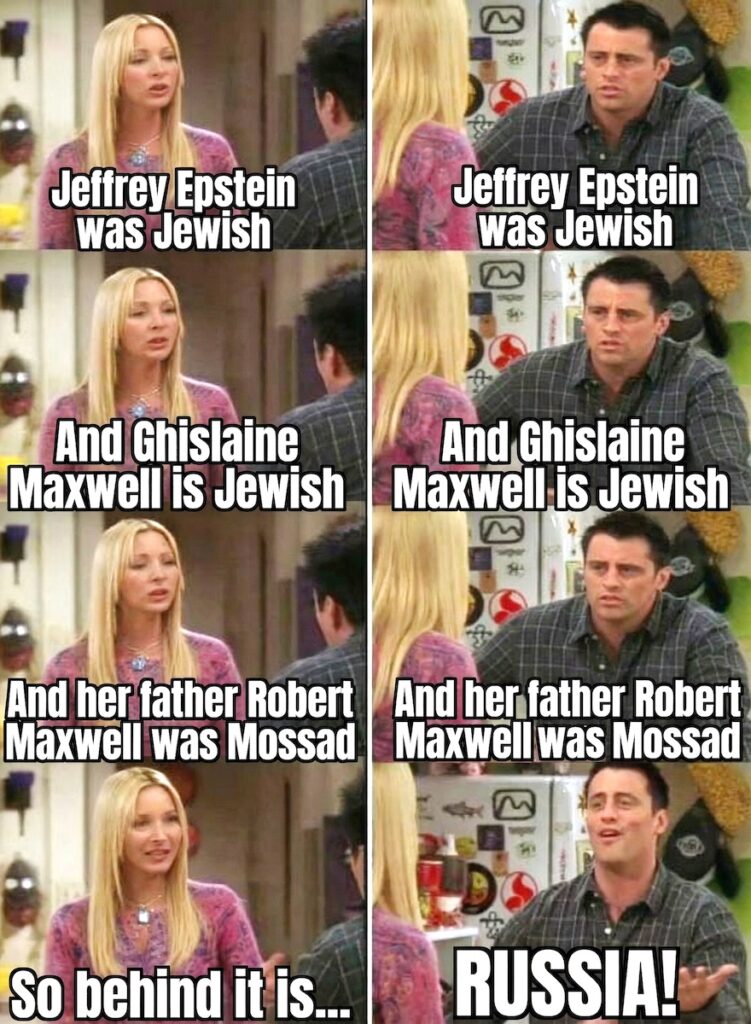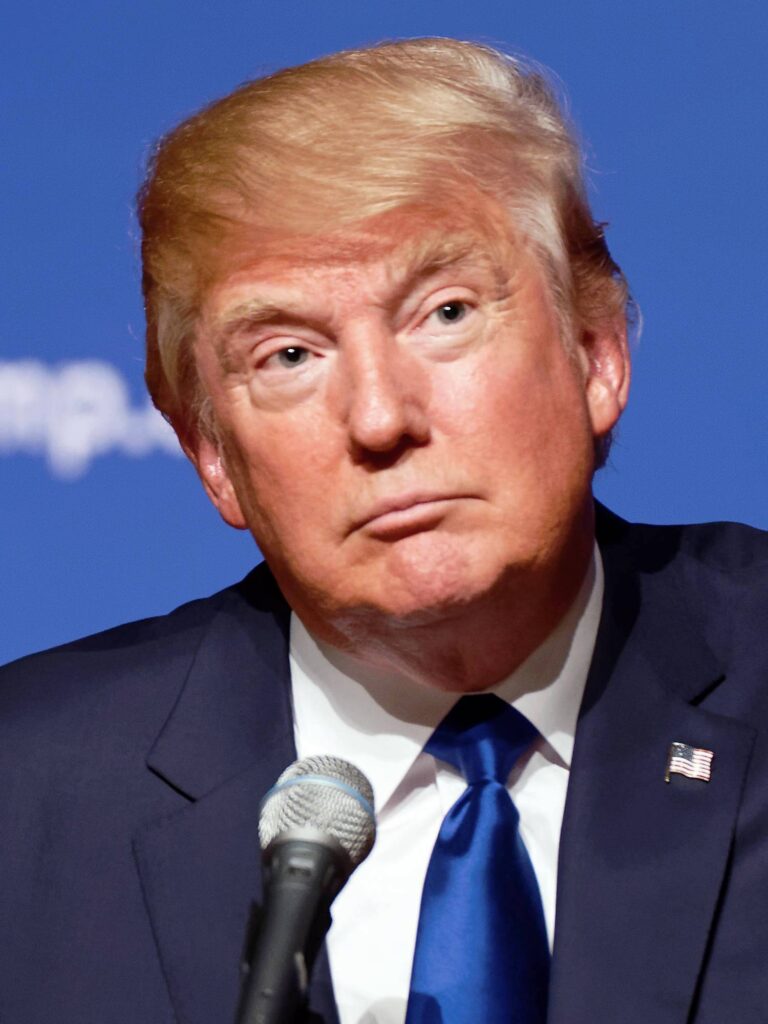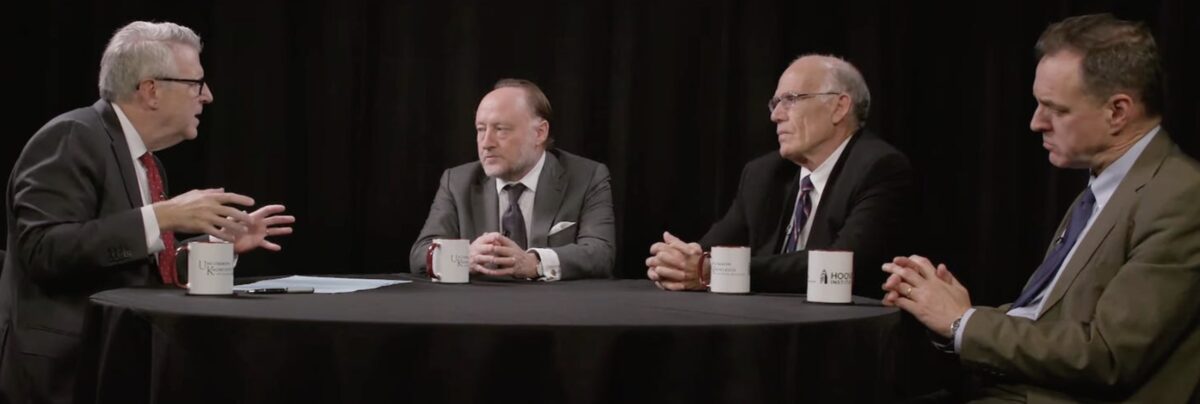This article is re-posted from the website of the Libertarian Alliance, which gives a blanket permission to do so, subject to certain provisions. The original article can be found at https://libertarianism.uk/2025/10/15/lefties-in-charge-the-daily-telegraph-takes-note/
Alan Bickley
The Daily Telegraph has just discovered that Britain is run by the left — and reports it with the astonishment of a man who finds damp in his cellar.
In “The Left-wing Bias of Britain’s Establishment” (9th October 2025), its Home Affairs Editor tells us that three-quarters of the country’s “establishment” — civil servants, judges, teachers, academics, media people, and the usual army of consultants — vote for parties of the left. Two-thirds voted to remain in the European Union. Nearly half believe that free speech “hurts minorities”.
Most think capitalism unjust and the Empire shameful. The pollsters, with statistical precision, tell us that our establishment now sits twenty degrees to the left of the national centre. Nigel Farage replies on cue that the establishment “needs wholesale reform”. Then the curtain falls.
Conservative journalism has specialised in this sort of thing since the 1950s. You identify some development that threatens national ruin. You describe it with gloating horror. Then you stop — never the final step, never the remedy. The function, of course, is not remedy but sedation. It instructs the faithful that resistance is futile, that they are simply “on the wrong side of history.”
Whether this paralysis comes from stupidity or cowardice no longer matters. The effect is the same: make every complaint a call to despair.
What to do about leftist bias in the governing and administrative class has been plain for twenty years. Sean Gabb set it out in his Cultural Revolution, Culture War (2006). Every leftist structure in Britain lives by State finance or privilege. A radical government, once in power, could close the entire apparatus within weeks: universities, fake charities, “arts councils”, regulators, broadcasters, the climate agencies — all of them exist because of state funding. Turn off the tap and the revolution stops.
Dr Gabb insisted that most welfare should be preserved. The working poor have been plundered by taxes and inflation. They need at least part of the 1945 settlement on welfare. The underclass will riot if starved, but is otherwise politically inert: therefore, keep the money flowing until the time is right for starving it.
But everything else not needed for national defence or internal order should go. The aim here is not to save money for the taxpayers — though it would, and that is good — but disestablishment of the left. The left without subsidy is the left without life.
My only disagreement with Dr Gabb is his proposal that the sacked lefties should keep their pension entitlements. But he was writing twenty years ago, before a growing problem had become an emergency.
My view is that the sacked lefties should keep neither their jobs nor their pensions. A man who has spent thirty years enforcing “diversity targets” should end his career collecting supermarket trolleys. Otherwise, it is uncontroversial how to end the bias of the British State. It really is that simple.
This, however, is not my main focus today. A purge of the apparatus is the indispensable prelude to recovery, yet the purge itself will occur only when certain deeper forces turn in our favour. My purpose now is to explain why those forces are turning — to restate, once more and without apology, the structure of power in Britain, and why the system that has governed us since 1945 has begun to go unstable.
I will also suggest what I cannot prove — that the Telegraph report, plus the one sentence Farage comment, can be taken as a part of a warning to the lefties themselves that, even if no Gabbian purge awaits them, they had better moderate their ways. But that can wait. Here is my restatement of the real power structure.
Ultimate power in this country lies not with the people, nor with the office-holders who solicit their votes. It lies with the monied interest operating from the City of London. Its members may carry British passports. They sometimes have a genetic connection. But, whatever their background, their loyalties are to their own order, which is itself transnational.
They are united by credit, not by kinship. Whether they are one with their cousins in New York, or like unto them, is unimportant. What matters is that they are part of a joint command system of global usury, enriching themselves through debt and the manipulation of paper claims. Their ideal world is homogeneous, borderless, and conveniently taxable — a map of feeding tubes running from every region into the same financial stomach.
So far as this financial oligarchy cares for Britain, it is as a platform — as a safe base of operations, a pleasant hinterland of grouse moors and Bond Street shops without prices in the windows. At the head of its political agenda for Britain has long been a determination that any institution capable of obstructing its operations must be neutralised. That is why, after 1945, it dismantled the Empire, which, though enfeebled by war, was still a going concern, and might have been restructured and restabilised. The motive was not philanthropy — real self-rule was never contemplated.
The Empire had to go because its engineers and administrators were unreliably patriotic and had their own ideas of a British destiny. The Empire was a competing establishment. It had to go.
After 1960, the same logic demanded the destruction of manufacturing industry. Industrialists, with their factories and unions and local loyalties, were another rival interest. Finance does not like men who make things. The liquidation of industry also liquidated the working class that industry had created: a people too numerous, too cohesive, and too prone to strike for its rights. The monied interest has no use for citizens. It prefers clients.
Enter the Thatcherites. The destruction of industry was not an unfortunate side-effect of sound money. It was the policy. The simplest way to end inflation would have been to cut public spending and stabilise the currency against some reasonably hard currency, or against gold.
Instead, the Government chose what Dennis Healey called “sado-monetarism”. It throttled credit while maintaining its own deficit, forcing interest rates to suicidal heights. The pound rose; exports died; factories shut. A quarter of manufacturing vanished between 1980 and 1983.
Margaret Thatcher did not save England by destroying socialism. She began the liquidation of England, starting with the working class. She defeated the miners, who were a nuisance, but she also destroyed the only labouring class that might one day have defied the financiers. She freed the markets only to hand them to the monopolists. She was the surgeon who killed the patient on orders from his enemy.
During the 1980s, the governing class divided into two principal wings. On one side stood the Thatcherites: pious in the abstract about markets, deferential to money — though less so about those who made it by making things, contemptuous of the poor. On the other were the cultural Marxists, disciples of Gramsci, the Frankfurt School, and Foucault, intent on erasing the nation and reconstructing human nature.
By the 1990s, these two wings had fused into what we call the Blairites: politically correct free-traders. The fusion was inevitable. Both sides believed in management; they disagreed only about the vocabulary.
Therefore, putting the workers out of work was only the first act. The second was to replace them. Mass immigration supplied both cheap labour and permanent social disunity. Fill the country with strangers perceptibly different from the natives. Tell the natives that objection is a sin. Criminalise the objection. The result is a population too divided to resist. The doctrine of “diversity” was not a moral awakening. It was class strategy.
Here, for the avoidance of doubt, I do not say that the monied interest acts as a single conspiracy, or that its subordinates meet in smoky rooms to receive orders. Power in Britain operates by contagion, not command. Below the financial oligarchy stretches a vast managerial middle class — politicians, bureaucrats, teachers, consultants — whose ambition is to distinguish themselves from what they still regard as the great unwashed. They are by nature bossy and intolerant.
They once tried to suppress the propensities of the working class to strong drink and casual sex. They are equally happy now to have destroyed its economic base and to suppress its patriotism and sense of outrage. They never had to be told to do this or how to do it. They sensed it. They absorbed, as if by osmosis, the moods of the boardroom. They translated these into moral language: “market forces, ,“value for money”, “equality”, “sustainability”, “social justice”. In this way, snobbery disguises itself as virtue.
The immediate result was a golden age for the monied interest of globalisation. For nearly twenty years after the implosion of the Soviet Union, the world seemed a kind of human garden, where blossoms could be picked at will. Every so often, there were weeds to be eradicated — Iraq, Yugoslavia, for example. But there was no other part of the world that could not be covered with those feeding tubes.
I remember gushing articles in The Economist during the 1990s — how such and such company was no longer British or American or Japanese, but a global company that just happened to have its headquarters in the country where it was once founded. The role model endlessly promoted was a young man sat in an expensive coffee bar with his early notebook computer and mobile telephone. What productive work he was doing there no one ever bothered to explain.
Problems emerged after the financial crisis of 2008. Three facts became increasingly clear.
Western prosperity was a fraud kept going only by leverage and inflation.
Russia was emerging from its period of enforced Weimersation, still as a great power, still with the interests and the teeth of a great power.
The Chinese were not content to host a million tightly-controlled sweatshops making things that the British and American and other Western working classes were no longer employed to make. Instead, fuelled by Western investment, and by their own national feeling and high average intelligence, the Chinese economy took off like a rocket. By 2012, it was probably already bigger than the American in terms of productive capacity. The monied interest had created its rival and did not know what to do with it.
From that moment, every policy in the West — foreign, social, or cultural — was an improvised attempt to defend a crumbling pyramid of credit. The wars in the Middle East, the endless scolding about “climate”, the censorship of dissent, the absurd cult of gender — all these were methods of distraction and control, not expressions of principle. When an empire runs out of gold, it shifts its whole trade into lies.
In 2014 the West tried its usual remedy: disruption. American and British intelligence sponsored a coup in Kiev to replace the elected government, and intending to put NATO weapons on Russia’s border. The aim was to provoke Moscow into overreach and fracture it into manageable pieces through the usual sorts of “colour revolution”. There could soon be NATO bases on the border with China.
The mark was missed. The Russians retook the Crimea, but were not provoked. They could not be tricked or bullied like Serbia or Iraq.
The next step was biological warfare. In 2020, the Americans released a modified influenza virus in China, its purpose to wreck the Chinese economy. This was the beginning of disaster. The virus did harm the Chinese economy, but spread straight back to the West. No one who ordered those panicky lockdowns realised that the virus was not as deadly as intended. But the effect of the lockdowns was far more damaging to much of the West than it was to China.
Then, in 2022, the Russians finally invaded the Ukraine. The West believed its own propaganda and expected collapse within weeks. It received instead a war of attrition. Sanctions punished the sanctioners. Energy prices soared. Germany began to crumple. Russia survived and adapted. China supplied what the West no longer sold. The military balance shifted. The financial empire that had dominated the world since 1990 could no longer impose its will.
The campaign meant to finish Russia ended by exposing the West. Our rulers, or their frontmen, had dismantled the means of war — the factories, the mines, the workers who knew how to use them. Their empires of credit were useless without production.
For the first time in living memory, the monied interest faced the truth that it could not buy reality. It had turned the West into a service economy, and a service economy cannot fight. American weapons were useless. Britain, stripped of production, could not rearm. Inflation returned. Debt soared. The monied interest, having fed for decades on an illusion of infinite credit, began to quarrel within itself.
This brings me back to the Telegraph story. How anyone of intelligence had failed to spot the truth from the outset is beyond me. But it was plain, by 2023, that the whole position of the British and American monied interest rested on hard power. It had been imposed by the armed forces of America and Britain and France.
Now Britain and France, followed by America, were made into deindustrialised police states, governed by men whose main impulse was continued national sabotage, this armed force was not available. Countries that make nothing cannot rule the world: countries ruled by and for a monied interest will not make anything.
Therefore, the falling out of two factions within the monied interest. Perhaps they had been arguing for decades. But this is not important. What is important is that the realists seem to have gained the upper hand over the wreckers.
The main agenda is unchanged — to make the world into one compelled blood donor. But the secondary agenda has changed. America and Britain need to be reindustrialised and remoralised as weapons against Russia and China. This means an end to official transgenderism and cossetting of hostile and unassimilable immigrant populations. It means some restoration of free speech and some allowance of national feeling.
Young white men must be given enough freedom and enough productive work to believe regime lies again and be willing to fight for their masters.
This is the real meaning of the second Trump presidency. It also explains the gathering collapse of the Starmer regime in Britain. The Starmerites are like Inner Party members at the Victory Parade who cannot understand that the enemy has changed. They will be liquidated, not for treason, but for loyalty to yesterday’s imperative.
They will be replaced by repurposed Blairites. These are the natural administrators of the new phase. They have no convictions, only ambitions. They destroyed Britain once in the name of globalisation. They will rebuild it now in the name of “renewal.” And what they call renewal will be rearmament. Britain is to be reindustrialised, not as a nation, but as an enforcement agency.
When the Telegraph complains about “left-wing bias”, it mistakes shadow for substance. The real policy has already shifted. The ruling class no longer needs the priests of equality; it needs foremen. The slogans will change, the structure will not. As said, the sudden realisation that the left is in charge can be taken as a warning to the left. Those members who fail to spot how the old posters are being torn down and replaced will lose their present easy ride.
So a report that looks like yet another invitation to despair can be taken as a sign of better times ahead. There will not be an end to the present order of things. The main agenda of global rent extraction is unchanged. What may change is the means of execution. We shall not be moving from tyranny to liberty, but from chaos to order within tyranny. The regime, having made a strategic mistake, will loosen the leash for a while. There will be talk of free speech, of family values, of British industry. Some of it will even happen. But it will be done for their reasons, not ours.
Better times, even so, are to be welcomed. They are not to be welcomed passively, as farm animals may welcome an increase in their grain allowance. Our duty is to exploit this interval. Every inch of restored liberty must be used as a weapon. When they rebuild industry, we must rebuild independence. When they revive pride, we must revive truth. The weakness of the ruling class is our opportunity. It is divided, frightened, unsure of its own future. A weak tyrant is an enemy who can be overthrown.
It may be surprising that The Daily Telegraph has finally apprehended what everyone else with an interest in politics has known for a generation. Or we may be told this truth more often and more urgently with every downward turn in the spiral of the Starmer Government.











